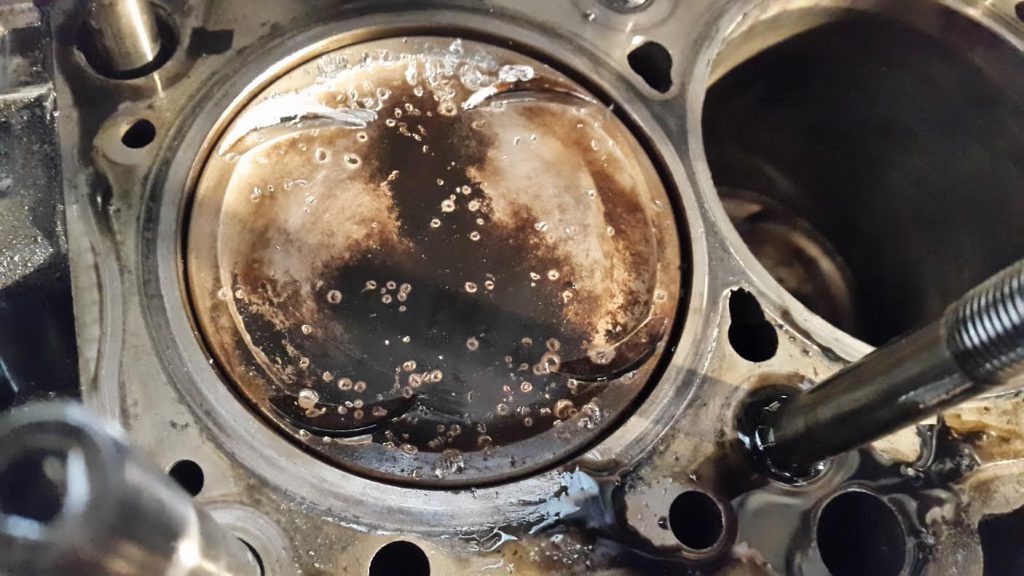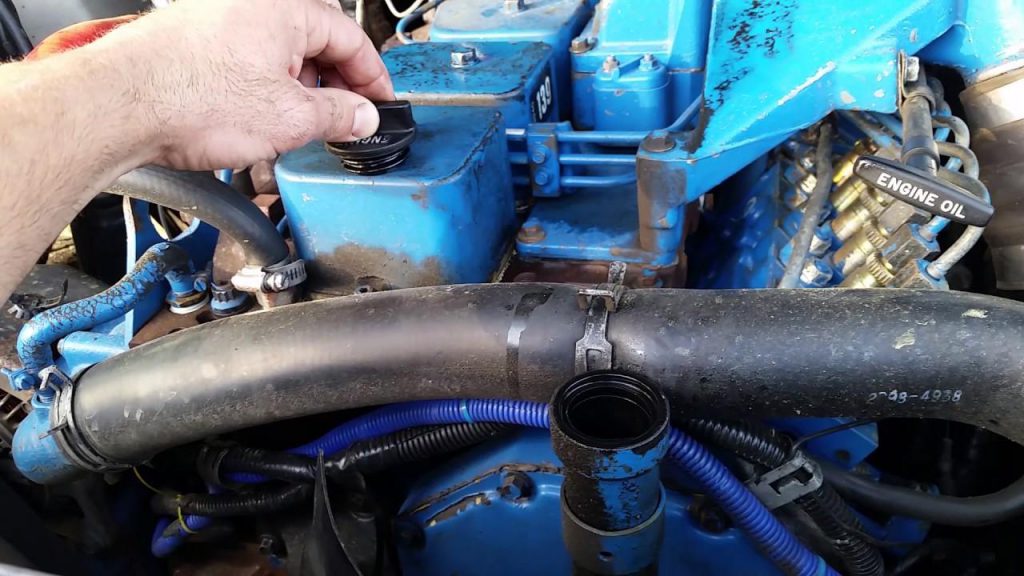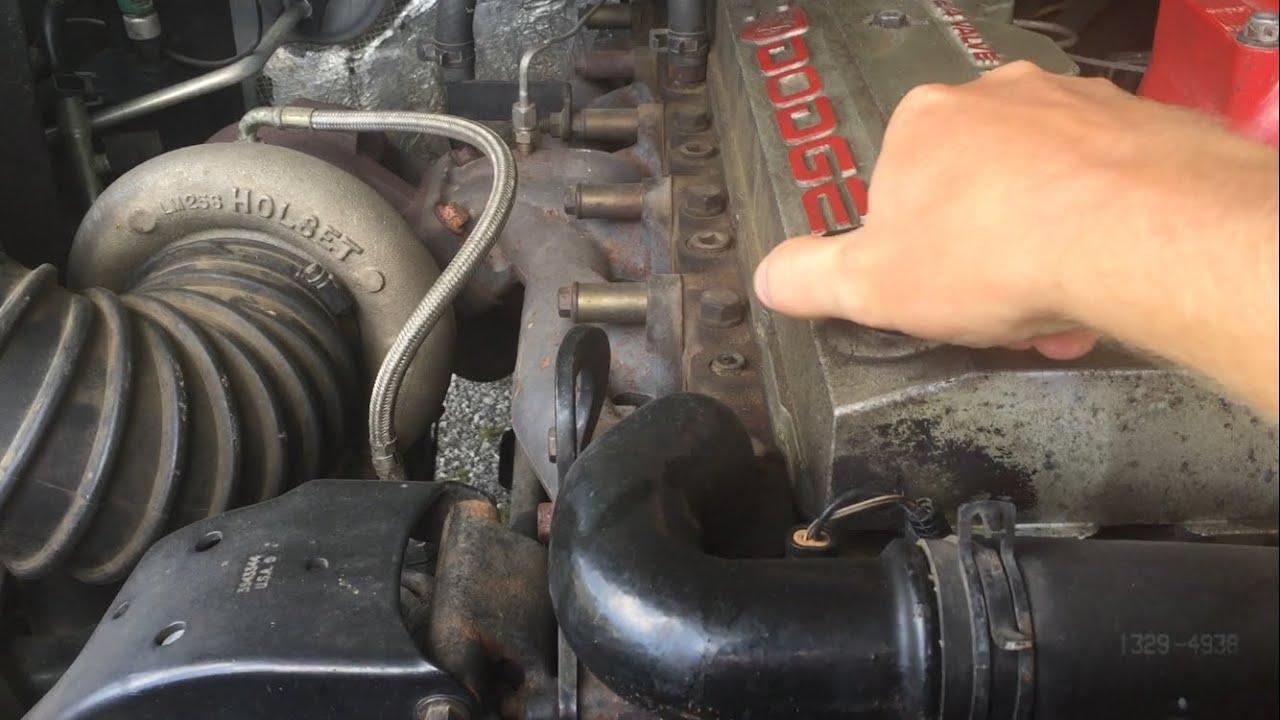Diesel car owners frequently struggle with the serious build-up of carbon deposits and engine contamination from time to time. The reason why the engine of your vehicle behaves in such a manner is the blow-by on a diesel engine. Now you must be wondering what is blow-by on a diesel engine, right? Well, it is not an ordinary problem, but a drastic one that can diminish the performance of the vehicle’s engine. Certain causes are responsible for this behavior of your car engine.
So, let’s understand why diesel engine acts that way and what blow-by gas means:
Contents
What Is Blow-by On A Diesel Engine? Causes And Solutions
A serious issue affects the working of an engine when a cylinder wall and a piston have a flawed seal, allowing the air-fuel mixture to leak into the engine’s crankcase. This is what we call blow-by gas in a diesel engine. The possible causes of this could be low performance, lesser torque and power, and even more oil consumption. It is always advised to go for some effective maintenance tips by experts for more understanding. Now, let’s see what causes it and how does it affect the vehicle.
What causes blow by in a diesel engine?
Blow-by is a phenomenon that creates unwanted pressure waves, this process often creates unusual sounds and can damage some moving parts inside the engine such as a cylinder or piston. We often encounter this problem on gasoline engines, nevertheless, diesel engines still have this issue due to the high compression ratio.
Normally, the blow-by happens at the end of compression – the beginning of the explosion, when the spark plug has not ignited yet the air mixture in the car has spontaneously ignited. For diesel engines, the fuel burns in many combustion zones. So what are the causes behind this problem:
1. Worn pistons
One of the reasons that can solve the answer to your question what is blow-by on a diesel engine and what causes it is the worn pistons. Unlike the cylinder walls that magnify wear and tear, pistons tend to become smaller. Aluminum being a soft metal easily allows accumulation in the combustion chamber and creates grooves in the piston. And, this means the fuel-air mixture will accumulate in the crankcase.

See more:
- Why Diesel Engines Have Such High Compression Ratio?
- Why Heavy Vehicles are perfect for Diesel Engines? The Answer
2. Damaged cylinder walls
Another possible reason that can lead to blow-by on a diesel engine is the damaged cylinder walls. With continuous usage, the vehicle and its components are depleted. This includes cylinder walls as well. The continuous piston and scraping of the piston ring lead to damaged cylinder walls.
This creates a gap in the cylinder, making it bigger, which further leads to easy passage of the compressed gases into the piston. We hope that these points help you to understand what is diesel blow-by easier. Worn-out cylinders can never perform the way they should. So, it is always recommended to keep an eye on the cylinder.
3. Smashed piston rings
The third reason could be those smash piston rings. When looking for an answer to ‘what does blow by mean on a diesel,’ this is an important point to mention. Smashed or damaged piston rings can lead to blow-by on a diesel engine. Relentless grinding of rings back and forth in the cylinder damages it, eventually. One can expect the sealing abilities of the piston ring to fail drastically with time. This certainly leads to gases easily sneaking around the back of the ring, thus simply leading to blow-by on a diesel engine.

Solutions for blow-by on a diesel engine
Excess smoke, decreased engine performance, or more oil consumption can be the results of blow-by a diesel engine. So how can we address this phenomenon, these steps below may help:
Check the PCV system:
PCV or you can call the positive crankcase ventilation is responsible for regulating crankcase pressure. If you notice any leak or hose on the PCV system, you need to replace it to fix the problem.
Check and change piston rings:
Faulty or worn piston rings are the common reasons causing the blow-by. And the consequence is that the rings will not create a proper seal, and the gases can’t escape. In this case, we recommend that you change the piston rings, however, it’s quite a complex task, and you should give your car to a skilled mechanic to get fixed.
Inspect valve seals and cylinder head:
Inspect the cylinder head for signs of damage or warping. Damaged cylinder heads can cause a blow-by. Additionally, worn valve seals can allow gases to bypass the piston rings. Replace any faulty components as necessary.
Watch more:
The Crux
We believe that you might have an answer to what is blow-by on a diesel engine and what causes it. So, it is recommended to keep an eye on the piston, piston rings, and even the cylinder to ensure that your vehicle is functioning properly.




>>>Live wit’shout money is not profit’sable, earn money>